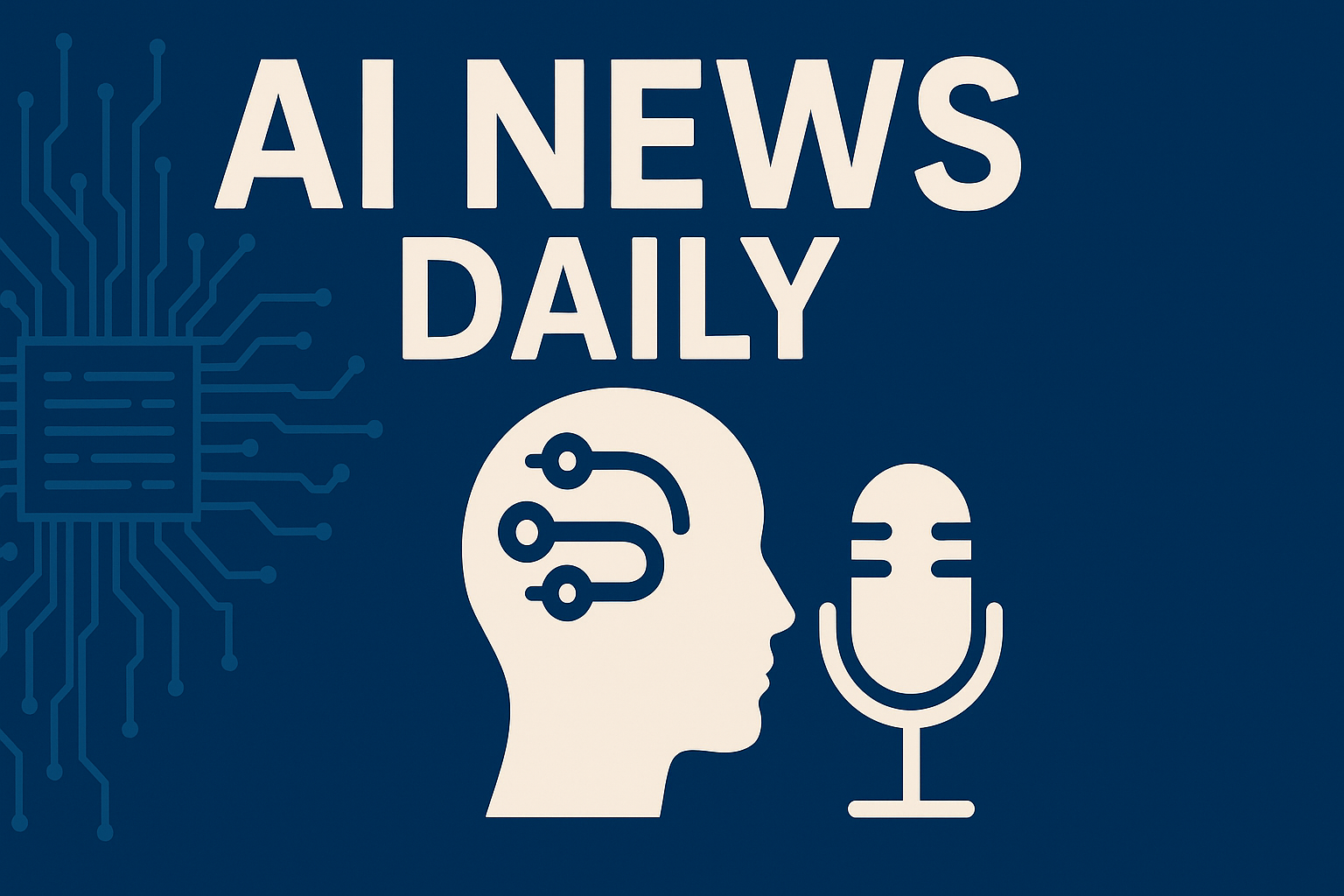Title: AI Weekly: OpenAI’s $500B Valuation Push, Google’s Gemini Expansion, and a Surge in Enterprise, Government, and Health AI—Amid Rising Privacy and Security Risks
Content: OpenAI is negotiating a $6 billion employee-led secondary share sale with investors including SoftBank and Thrive Capital that would value the company at $500 billion, potentially making it the world’s most valuable startup. The company is broadening its consumer ambitions beyond ChatGPT—exploring an AI-powered browser and even musing about acquiring Google Chrome if regulators ever forced a divestiture—while preparing for potential public offerings. ChatGPT’s mobile app revenue hit $1.35 billion in seven months, and OpenAI rolled out a friendlier ChatGPT experience with upcoming customizable personalities for paid users. CEO Sam Altman cautioned that some AI valuations may mirror the dot‑com bubble, even as the innovation race with Google accelerates.
Google ramped up product rollouts and partnerships: it brought Gemini AI to Oracle Cloud, launched a Gemini assistant on Wear OS smartwatches, and debuted AI-powered Flight Deals in the U.S., Canada, and India for natural-language flight searches. The company upgraded Bard with a stronger model, expanded privacy controls, support for 40 languages, image recognition, and tighter integrations with Google services. In a policy shift, Google now allows training on publicly available user data, and, alongside Amazon, is returning to in‑person engineering interviews following AI-assisted cheating in virtual screenings.
Enterprises and governments accelerated AI adoption. The UK’s “AI Exemplars” program is deploying tools to speed hospital discharges and aid probation officers. Amazon introduced Bedrock AgentCore Identity for secure, scalable agent access to AWS and third-party systems. Microsoft shared its internal AI transformation roadmap for enterprises, while Infosys said its Poly‑AI hybrid system can cut costs and workforce needs by up to 35%. Manufacturers are piloting or scaling AI to counter labor shortages and harden cybersecurity. AMC credited AI for operational gains, and Grab and Shopee reported double‑digit boosts in high‑value transactions from advanced AI marketing. Salesforce Ventures and SBI invested $15.5 million in Datumo, a South Korean AI evaluation and safety startup serving clients like Samsung. Former Twitter CEO Parag Agrawal launched Parallel Web Systems to build advanced AI agents, raising $30 million.
AI research and applications notched major breakthroughs. MIT used generative AI to discover two antibiotic compounds effective against drug‑resistant bacteria in lab and animal tests. OpenEvidence’s system scored a perfect 100% on the US Medical Licensing Exam with literature‑backed reasoning. AI tools such as Google’s Gemini‑powered NotebookLM are reshaping study habits with smart summaries and citations, while new research shows automated compiler feedback markedly improves LLM‑generated UI code reliability. In healthcare, apps are enhancing hemophilia management and speeding neuro‑ophthalmic diagnoses. UCLA’s FuelVision uses satellite imagery to rapidly map wildfire fuels, and AI is optimizing data center energy use on the path to net‑zero emissions.
Risk, privacy, and workforce dynamics came into sharper focus. Security experts warned that 84% of AI tool providers have experienced data breaches, urging stronger regulation and workplace policies. Otter.ai faces a federal class action alleging secret recordings without consent, and Australian lawyers were caught filing AI‑generated documents rife with errors and fake citations. AI companion apps have amassed over 220 million downloads and are projected to surpass $120 million in 2025 revenue, but their rapid growth raises privacy and safety concerns as users form emotional bonds. Geoffrey Hinton and new studies estimate automation could displace 6–7% of jobs, nudging more workers—especially Gen Z—toward skilled trades; meanwhile, many CEOs remain enthusiastic yet underprepared for AI adoption. Zoho’s Sridhar Vembu urged professionals to use AI for learning and review rather than blindly copying generated text.
The week underscored a dual reality: AI’s swift advance across cloud, consumer, enterprise, and science—paired with intensifying scrutiny over data use, security, reliability, and the human impact of automation.
